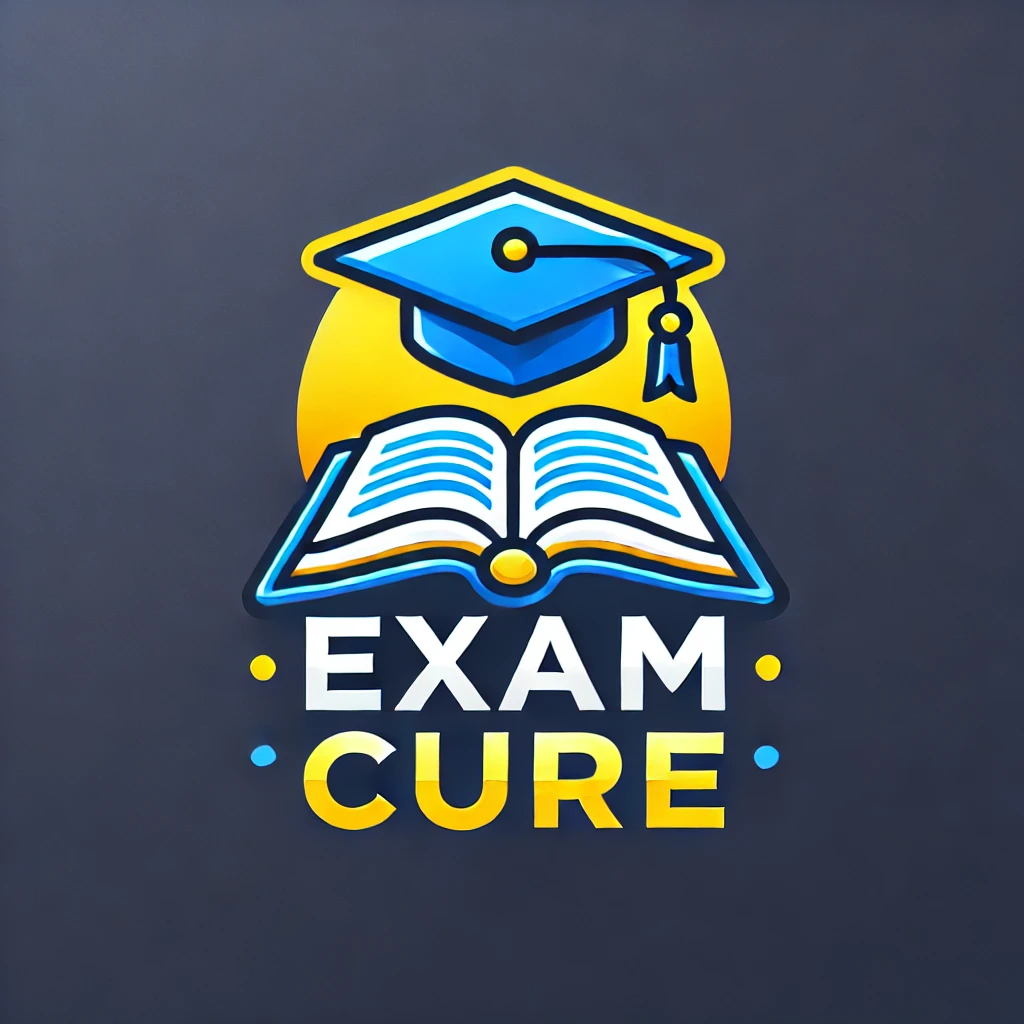How to Ace the Addiction Medicine Board Exam: Your Complete Guide to Success
Are you preparing for the Addiction Medicine Board Exam and looking for a reliable way to pass it with confidence? Whether you're a family physician, internist, psychiatrist, or another specialist seeking certification, this guide will walk you through everything you need to know — from the exam blueprint and study tips, to life as a certified addiction medicine doctor. We’ll also introduce you to the Ace Addiction Medicine Board Exam MCQ Bank, a high-yield, 300-question resource designed to help you master the exam.
What Is the Addiction Medicine Board Exam?
The Addiction Medicine Board Exam is administered by the American Board of Preventive Medicine (ABPM). It certifies physicians with expertise in diagnosing, treating, and preventing substance use disorders. This credential is increasingly important as addiction continues to impact public health worldwide.
Becoming board-certified in Addiction Medicine not only validates your clinical skills, but also opens doors to leadership positions, academic roles, and specialized clinical practices.
Who Is Eligible to Take the Exam?
As of now, eligibility for the exam includes:
-
Physicians who have completed a residency in any ABMS-recognized specialty
-
Those who have completed an ACGME-accredited Addiction Medicine fellowship
-
Or physicians with substantial practice experience in Addiction Medicine
The ABPM periodically updates eligibility requirements, so always check their official site for the most recent criteria.
Addiction Medicine Board Exam Blueprint: What’s Covered?
1. Substances and Addictive Disorders (40–45%)
-
Alcohol, opioids, stimulants, cannabis, hallucinogens, nicotine, sedatives
-
Process addictions (gambling, internet, etc.)
-
Withdrawal management and intoxication
2. Diagnosis and Assessment (10–15%)
-
Screening tools (AUDIT, DAST, SBIRT)
-
DSM-5 criteria for SUDs
-
Co-occurring psychiatric and medical conditions
3. Treatment (25–30%)
-
Medications for addiction treatment (MAT)
-
Psychosocial interventions (CBT, motivational interviewing)
-
Harm reduction and relapse prevention
4. Practice Management and Systems-Based Practice (10–15%)
-
Ethics, legal issues, public health policy
-
Program development and quality improvement
-
Multidisciplinary care
5. Prevention (5–10%)
-
Risk factor identification
-
Community-level interventions
-
Screening in primary care settings
The exam typically consists of 200–220 multiple-choice questions, delivered over a 4-hour testing window.
How to Prepare for the Addiction Medicine Board Exam
1. Start with the Blueprint
Use the ABPM blueprint as your syllabus. Break down each domain and assign dedicated study time to each.
2. Use a Targeted MCQ Bank
One of the most effective ways to prepare is with a high-quality MCQ bank that mirrors the style and rigor of the actual exam. That’s where the Ace Addiction Medicine Board Exam course comes in.
Introducing: Ace Addiction Medicine Board Exam – 300 MCQs with Explanations
The Ace Addiction Medicine Board Exam is not just another question bank — it’s a focused, exam-aligned tool built to help you pass.
🔍 What You Get:
-
300 board-style MCQs that reflect real exam difficulty and style
-
In-depth explanations that teach you the "why," not just the "what"
-
Covers all blueprint domains: substances, treatment, diagnostics, systems, and prevention
-
Great for active recall, self-assessment, and reinforcing weak areas
🎯 Why It Works:
-
Research shows that active learning through testing (e.g., answering questions) improves long-term retention more than passive reading.
-
The course mimics the pressure of real exam settings, so you get comfortable with both content and pacing.
Daily Study Plan Example (6 Weeks)
Want a basic outline to follow? Here’s a sample plan:
| Week | Focus Area | Suggested MCQs |
|---|---|---|
| 1 | Alcohol, Opioids | 50 |
| 2 | Stimulants, Cannabis | 50 |
| 3 | Diagnostics + Co-occurring conditions | 50 |
| 4 | Treatment strategies | 50 |
| 5 | Systems, Ethics, Prevention | 50 |
| 6 | Mixed review + Mock exam | 50 |
Top Tips to Pass the Exam
Here are some practical tips from past test-takers and board-certified physicians:
✅ Know Your Weak Areas
Don’t just review what you already know. Focus on unfamiliar topics and areas where you consistently underperform.
✅ Practice Timed Questions
Get used to time pressure — simulate full-length practice sessions.
✅ Review Rationales
Understanding why an answer is correct (or incorrect) reinforces learning.
✅ Take Breaks and Stay Balanced
Burnout leads to poor retention. Use the Pomodoro Technique or spaced repetition for efficient study sessions.
Life as an Addiction Medicine Doctor
So what happens after you pass?
Certified addiction medicine specialists work in diverse settings:
-
Rehabilitation centers and detox units
-
Primary care clinics integrating SUD treatment
-
Hospitals and emergency departments
-
Correctional facilities and public health systems
-
Academic and policy roles focused on substance use research
This specialty is rewarding and impactful, as you’re often helping people at one of the most vulnerable points in their lives. You become not just a doctor, but a healer, advocate, and educator.
Final Thoughts: Invest in Your Success
The Addiction Medicine Board Exam is challenging — but with the right preparation, it’s absolutely passable.
The Ace Addiction Medicine Board Exam – 300 MCQ Bank is designed to be your partner through this journey. With clear explanations, up-to-date content, and alignment with the latest blueprint, it’s more than a study tool — it’s your roadmap to passing.
Ready to Get Started?
🎯 Click here to access the Ace Addiction Medicine MCQ Bank now
🧠 Master the content.
✅ Build exam-day confidence.
🏆 And join the growing community of certified Addiction Medicine specialists making a real difference.

